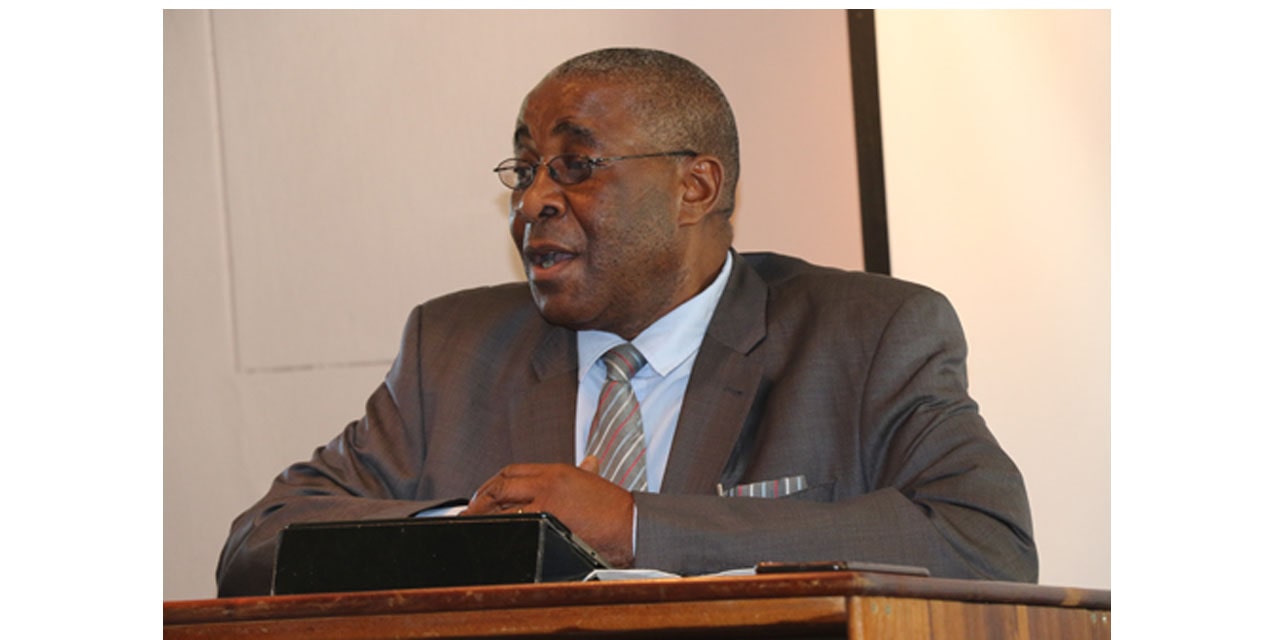Obrein Simasiku
Tension is brewing in the Zambezi Region due to continued plans of secession promoted by some locals including Dukwi refugee camp returnees from Botswana, a situation Governor Lawrence Sampofu said is destabilising peace and security.
“The overall situation in the region is relatively calm but remains tense. There is a group of young people, some of them teachers, who call themselves Caprivi Concerned Group, who are advocating, campaigning and mobilizing for the banned United Democratic Party (UDP) of Mishake Muyongo. Their actions are aimed to secede the Zambezi Region from the rest of Namibia, thus destabilizing peace, stability and security of the country. Some of the returnees from Dukwi-Botswana are also joining in mobilizing some communities to support secessionist activities in the Region,” said Sampofu, during his State of the Region Address (SORA).
“On 14 December 2021, some of them held a demonstration against the Government. In their petition to the Government, they demanded for secessionist political prisoners to be released, Namibia to withdraw from what they term “Caprivi” which they claim that the Namibian Government is occupying illegally and by force, the Government to have a dialogue with Muyongo and the Government to allow for a Referendum to be held to determine if Namibians will vote for Caprivi to be an independent entity,” he continued.
Although the Zambezi region remains controllable, the governor emphasised that unity should prevail at all times and called on people to desist from engaging in destructive activities. Plans to secede the then Caprivi, now Zambezi, dates back to the early 90s, and led to a brief war on 2 August 1999, a rebel group Caprivi Liberation Army, launched an armed attack on government buildings and security infrastructure at the regional capital of Katima Mulilo. According to reports, they attacked the police headquarters, the local offices of the Namibian Broadcasting Corporation, an army base and an immigration post. In the attacks, 11 people were killed, at least six of whom were members of the security forces.
Over 300 were arrested in connection with the deadly attack and some have been released following proceeding in the Marathon Caprivi Treason Trial. Currently 13 are facing prison terms of seven, eight and 12 years. They were charged with high treason, murder and attempted murder.
Following the secession attacks, thousands of people fled to neighbouring Botswana to seek refuge. After many years, the government of Botswana and Namibia reached a repatriation agreement.
Further addressing the public on security matters in the region, Sampofu said the crime is however controllable. “This is as a result of intensified crime prevention, operations, community awareness and investigations. However, crimes such as house breaking and theft, murder, rape, illegal poaching, possession of cannabis, stock theft, reckless and negligent driving, and domestic violence, theft of all types and smuggling of goods through ungazetted entry points are among the top 10 prevalent crimes,” he said.




